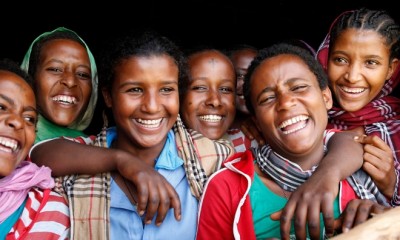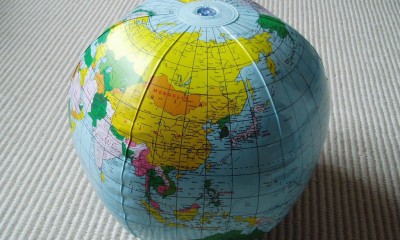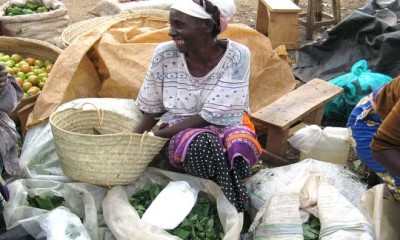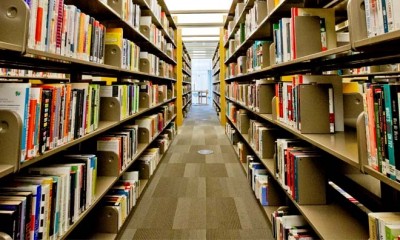Dear Editors and Journalists
The 10th Ministerial Conference of the World Trade Organization (WTO) will be held in Nairobi, Kenya, from 15 to 18 December 2015. It will be chaired by Kenya’s Cabinet Secretary for Foreign Affairs and International Trade, Amina Mohamed. This will be the first time the organisation’s highest decision-making body will meet in Africa amid irreconcilable differences in positions of WTO members, with some already predicting that any significant progress in concluding the Doha Round of negotiations is unlikely.
The WTO, which aims to create a framework to regulate trade and offer dispute resolution mechanisms to its 162 members, launched the Doha round of negotiations in the Qatari capital in 2001. The aim was to promote the interests of developing countries’ primarily through eliminating trade barriers and farming subsidies in developed markets. Farming subsidies are of particular importance to developing countries, as emerging economies would have a competitive advantage in agricultural trade, were it not for agricultural subsidies and trade barriers restricting competitiveness and access in developed markets. However, agricultural sectors in developed markets typically have strong lobbying forces, which hinder any change to the status quo.
SAIIA Expertise available
Two SAIIA experts, Cyril Prinsloo and Azwimphelele Langalanga are available on the ground in Nairobi. Please note that limited media interviews are available on this topic, but our communications division will endeavour to assist the media as much as possible. Contact Ms Fortunate Xaba on +27 (0) 11 339 2021 or media@saiia.org.za to arrange interviews.
Background to the Summit
The World Trade Organization (WTO) was established to deal with the global rules of trade between nations. Its main function is to ensure that trade flows as smoothly, predictably and freely as possible. However, a deal promoting the interests of developed countries, known as the Doha Development Agenda, has been in the making for nearly 15 years, and negotiations have been deadlocked.
Despite the ‘development’ discourse, negotiations have remained largely dominated by traditional economic powers (such as the UE, EU and Japan) who sought greater market liberalisation in developing countries, while unable or unwilling to eliminate domestic farming subsidies.
Rising powers from emerging markets (e.g. China, India and South Africa), however, have refused to budge on their demands for developed countries to phase out their domestic agricultural support programmes. Decision-making within the WTO is based on consensus, where agreements can only be made if all parties agree. Thus, given this impasse, an agreement is yet to be made after more than a decade of negotiations.
Driven by the deadlock in negotiations, key developed countries have instead opted to seek preferential trade deals outside of the WTO framework, through mega-regional preferential trade agreements such as the Trans-Pacific Partnership and the Transatlantic Trade and Investment Partnership. However, given the collective bargaining power of developing countries in the WTO, developing countries would be better placed to negotiate any deals within this forum. The majority of countries are not opposed to reaching an agreement on the Doha Round issues, but instead are frustrated by the lack of progress. Resolving the current impasse is thus imperative for achieving the best outcome for developing countries.
SAIIA Resources:
- WTO Project: Restoring Multilateral Trade Co-operation
- Watch a 5-minute introduction to the innovative project, ‘Revitalising Multilateral Trade Co-operation‘
- All SAIIA materials related to the WTO
For more information please contact:
Ms Fortunate Xaba
SAIIA Communications Assistant
+27 (0) 11 339 2021
media@saiia.org.za






